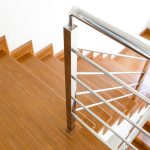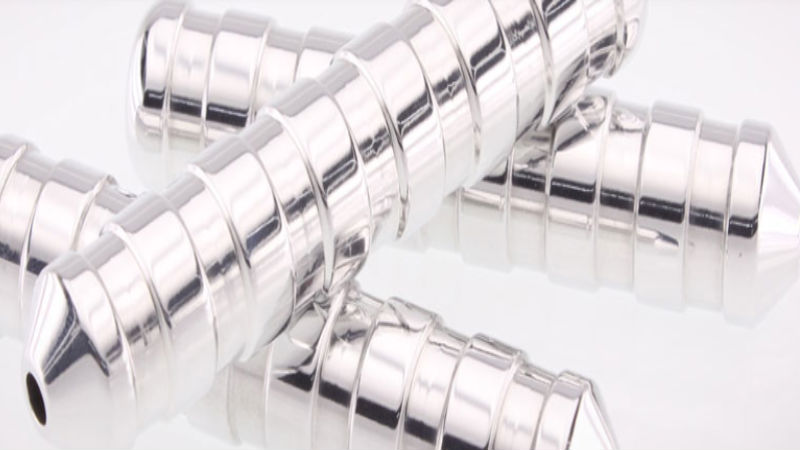Hydraulics of some sort is a very common addition to many tools, vehicles and industrial machines used in the workplace today. From handheld tools such as grinders and guillotine cutters to large baling or metal crushing machines at auto salvage yards. Using hydraulic machines can get larger amounts of work done on a faster basis with fewer employees than if it were all done manually. Replacing a cylinder or having extras on hand in case of a replacement is a good idea, but how do you know exactly which one to get?
Understanding the various measurements
Cylinders can be purchased off the shelf or custom made by manufacturers to your unique specifications. Depending on what the usage will be, cylinders may be small or very large. For example, the stroke length can be less than 6 inches for handheld tools, to more than 50 inches for excavators and dump trucks. Load rating can vary from 2,500 pounds or less, or may reach more than 30,000 pounds. Obviously the heavier the rating, the more load the hydraulic can handle safely such as for cranes and front-end loaders. PSI is the pounds per square inch of pressure the cylinder can safely handle, and this depends on the size of the shaft. PSI can range from an operating pressure of less than 400 to more than 3,700 and shaft diameter can reach more than 6 inches. Most cylinders can operate at a range of temperatures common in the industrial setting, but custom manufactured units can work in the extreme cold with fewer than 20 degrees Fahrenheit or more than 230 degrees. The latter could benefit metal or molten facilities where large bins of liquid metal may require moving from one oven to another without risking the safety of your employees.
Preventing leaks in underwater usage
Welded cylinders are common in tools that may end up seeing underwater usages such as those used for ship salvage or oil platform construction and maintenance. Sanding and grinding tools may also be used underwater in the maintenance of buoys and piers to prevent the buildup of barnacles and other corrosion. The enclosed shaft of welded cylinders is a great choice for underwater usage as the potential for leaks is much less than on a non-welded unit. This prevents driver accidents as well as environmental damage from the high-pressure oil or another fluid leaking into the surrounding water during a work session.








